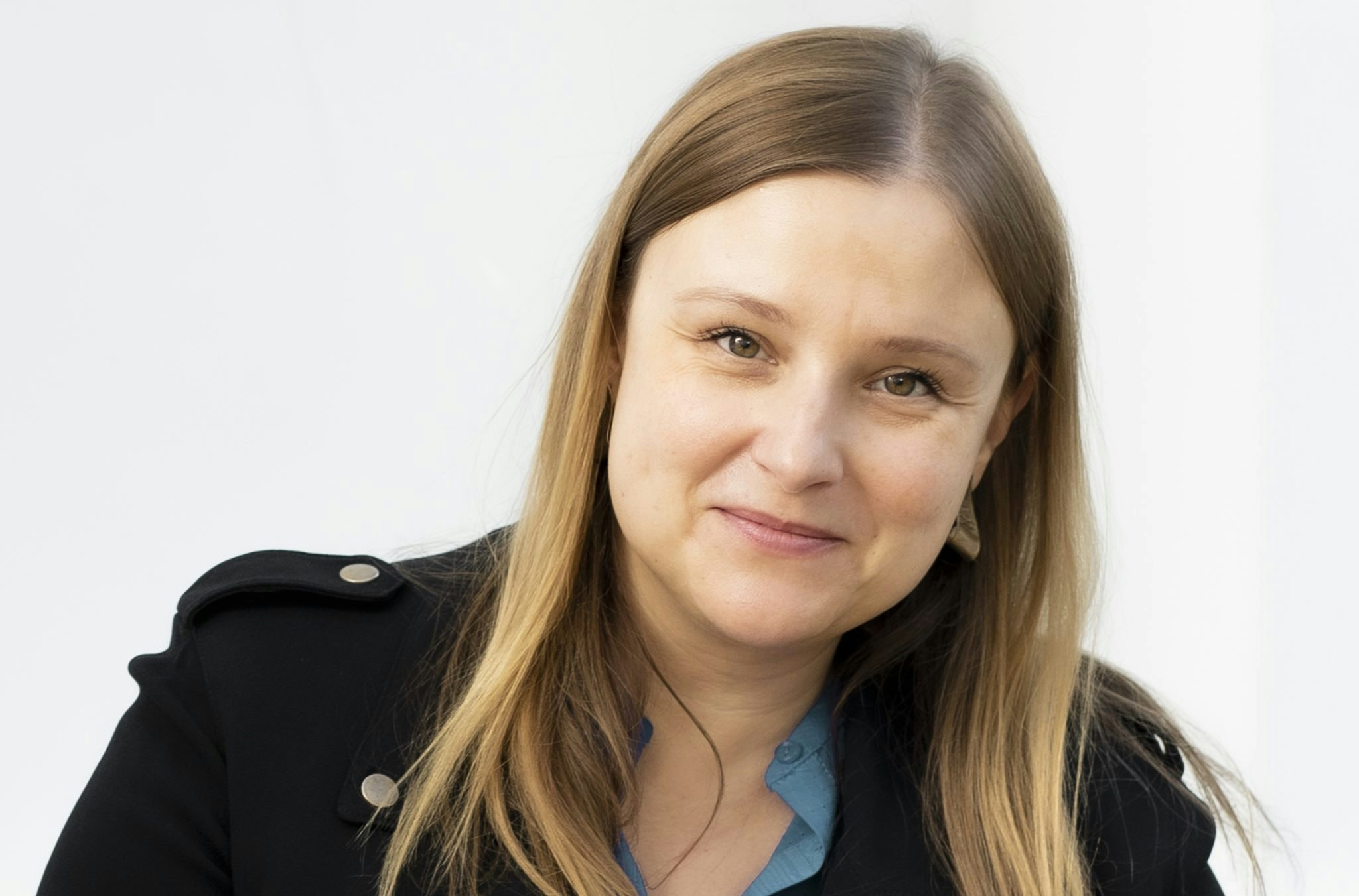When crowdfunding platforms came along in the mid 2010s they enabled "everyday" people to easily invest in everything from tech startups to local breweries. Now, a similar revolution is (slowly) underway in VC — as a new generation of platforms are making it possible for normal(ish) people to invest in VC funds.
One of these platforms, London-based Further, launches today — and allows consumers to discover, compare and back funds with cheques starting from "as little" as £1,000.
It joins a steadily growing cohort of startups working on making the process of investing in VC less complicated, less expensive and, they say, more “democratic” for individuals who can also afford to take the risks involved. Other companies doing similar things include Odin, Vauban and Moonfare.
Further CEO and cofounder Rob Tominey says the wider market turmoil means these platforms are coming along at quite a fortunate time. “I’d much prefer to be investing in a fund now and getting the valuations VCs are getting now [rather than last year’s],” he says. “The early returns will be strong.”
It’s understandable that rich people want to invest in VC; over a 10-year horizon, European VC has delivered an internal rate of return of 14%, one of the best of any private asset class. That said, that reflects that a few VCs do very well and many do very poorly.
Further's target audience
£1,000 is still a lot of money for most people, but Further isn’t targeting most people: it’s after the “top decile earners, people who are adjacent to the startup space or who are aware of the potential of startup investing but have no access to it at the moment,” says Tominey. He reckons there are about 4m people in the UK who fit into that bracket.
To date, these people — who may already be investing in crowdfunding, investing as an angel or have stocks and shares — have been almost entirely unable to invest in VC. That’s because it’s simply been too much of an administrative pain in the arse for VC funds to accept small cheques.
Take the example of one of the VCs available to invest in on Further’s platform today: talent investor Antler.
“It wanted to engage its global community in investing,” says Seb Wallace, Further cofounder — and also an investor at VC firm Triple Point. “But the reality was that to do that manually was just not workable — taking loads of £2,000 cheques would’ve overburdened the admin team.”
Further solves that problem; its platform handles KYC (know your customer) checks, takes payments from investors and provides updates on funds’ financial performance and new portfolio companies to those who’ve backed them.
Getting the word out
There are two categories of funds currently available to invest in on Further’s platform: EIS and VCT funds (investment vehicles that offer tax relief to individuals in the UK) — and "normal" VC funds (LP funds).
The former are continually taking new investments, while the latter will only appear on Further for a limited time period and then disappear when the fund is raised and closed. Only the more sophisticated or high-net-worth investors — those who have worked in private equity, been a director of a company or an angel investor, earn over £100k or have over £250k in net assets — will be able to invest in the "normal" VC funds.
Further is launching with six funds open to investment on its platform — Ascension, Antler, Triple Point, Haatch, Pembroke and Albion — and Tominey says it’ll probably never have that many more than the current crop.
This isn’t about being a fund supermarket
“We don’t want to overburden the consumer. This isn’t about being a fund supermarket,” he says, adding that there will always be “a good range” of pre-seed to later-stage, and B2B and B2C funds.
Further includes information on each fund’s management team, investment strategy, fees, past performance and portfolio.
The Further business model
Further, which has so far raised a small amount of pre-seed funding to get started (“a few hundred thousand”), will make money in several ways. It will charge the EIS and VCT funds a “small amount” for marketing the fund, while it’s more likely to charge the consumer a “small percentage fee” for the privilege of investing in the LP funds.
But that’s beside the point, says Tominey; Further should save funds money. “We’re reducing the admin on both sides — so when we take a fee, we’re not adding an extra cost line.”
The competition
Two other London-based startups are doing something similar to Further, but Wallace says they’re not direct competitors.
There’s Odin, which helps investors set up and raise funds on its platform, and syndicate other investors to get in on a deal with them. It also handles payments, and has an active Slack community of founders and startup operators. The Odin platform is currently in beta.
And then there’s Vauban, which also handles the admin side of launching funds and SPVs (special purpose vehicles). Both of these platforms are more focused on helping less established investors spin up and manage funds, while Further is listing only investors that already have something of a name and a track record.
In Germany, there’s also Moonfare, which is making it easier to invest in private equity funds.
They all point towards an increasing interest from people who work in and around startups to reap some of the rewards of high-growth businesses — if, that is, there are any rewards left by 2023.


